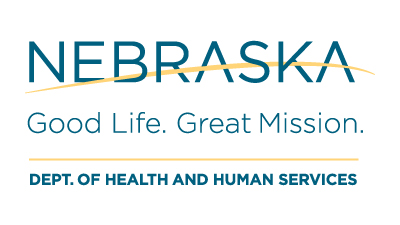![]()
– Antibiotic misuse the main culprit –

Drug-resistant infections are a significant public health issue. In the United States, more than 35,000 people die every year because of antibiotic-resistant infections, and billions of dollars are spent every year by the U.S. to handle antibiotic resistance, according to the Centers for Disease Control and Prevention.
Reversing this deadly and costly trend by drawing attention to its severity is the goal of Antibiotic Awareness Week being observed Nov.18-24.
Studies show more than a quarter of antibiotic prescriptions written in clinics, urgent care and emergency rooms are unnecessary. “The more antibiotics we use, the higher the chance of germs learning how to defeat antibiotics,” said Dr. M. Salman Ashraf, infectious disease doctor and medical director for healthcare-associated infections at the Nebraska Department of Health and Human Services. “Don’t get me wrong, antibiotics save lives, and we should use antibiotics when needed, and take according to instructions. It is the misuse of antibiotics that is the problem. It should be avoided, and clinicians should be writing antibiotic prescriptions for the shortest duration needed to effectively treat an infection.”
Ashraf also said patients must remember that antibiotics are ineffective for treating viruses, like colds or flu. “Studies have shown that sometimes doctors, physicians assistants, nurse practitioners and other clinicians prescribe antibiotics when they are not needed because they feel pressured. Instead, a discussion needs to take place about what else can be done to relieve the symptoms parents or their children have,” Ashraf emphasized. More information can be found at www.dhhs.ne.gov/Pages/Antibiotic-Stewardship.aspx and www.cdc.gov/drugresistance/index.html.
Helping clinicians in Nebraska set up practices and protocols for improved antibiotic prescribing is the purpose of a collaborative program at University of Nebraska Medical Center and Nebraska Medicine and supported by the Nebraska Department of Health and Human Services. It’s called the Nebraska Antimicrobial Stewardship Assessment and Promotion Program. Prescribers can connect with infectious disease experts in the program at https://asap.nebraskamed.com/.
Ashraf mentioned that the general rule for antibiotic prescribing is to prescribe the right antibiotic for a specific condition at the right dose, for the right duration and at the right time. “One of the examples for the right antibiotic for a specific condition is to use Benzathine Penicillin G intramuscular injections for treatment of primary, secondary, and latent syphilis instead of prescribing alternative antibiotics that might be less effective in treatment of syphilis. In the setting of existing national penicillin shortages, the Nebraska Antimicrobial Stewardship Assessment and Promotion Program stands by to navigate these shortages and the best alternate regimens with clinicians in Nebraska,” he concluded.
For more information about wise antibiotic use, watch Public Health Minute, at https://youtu.be/HnTAaldFWek
